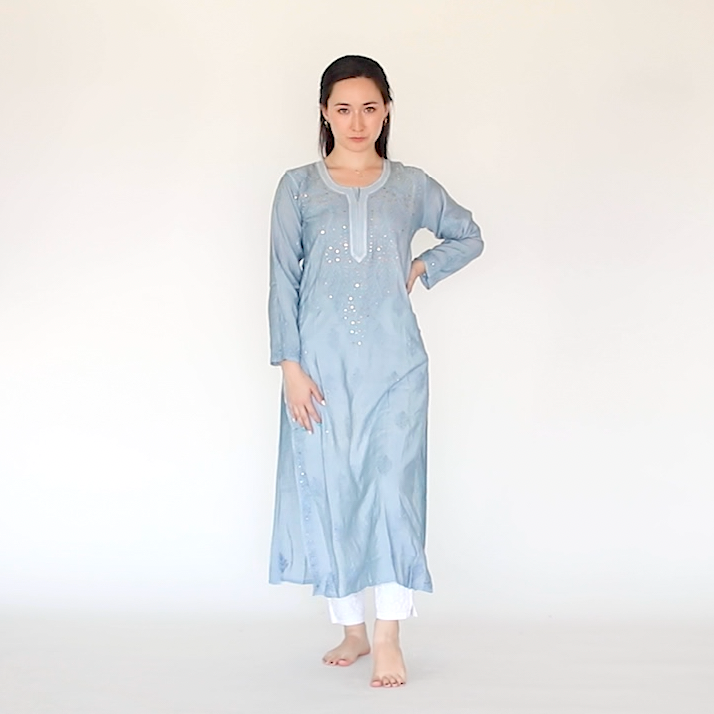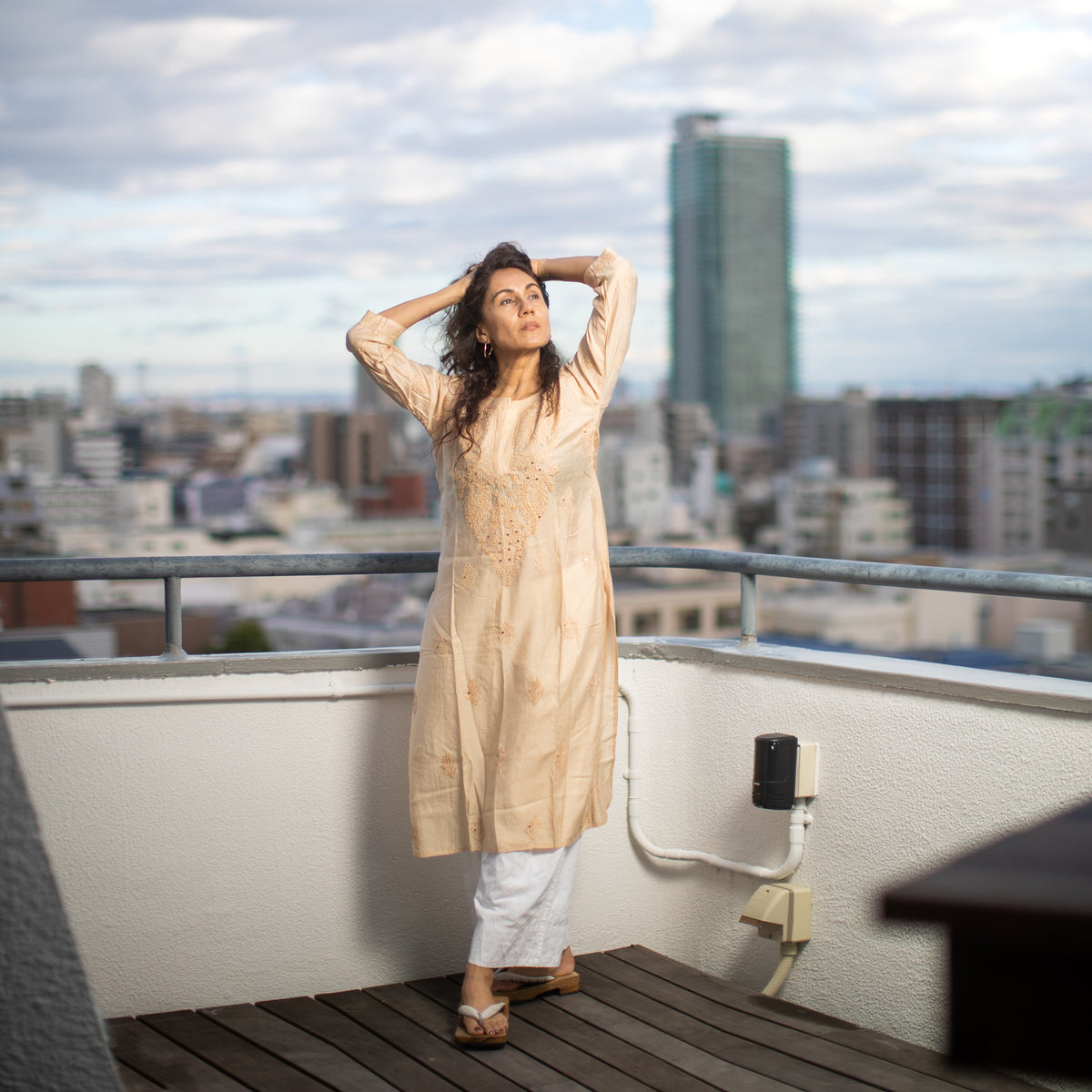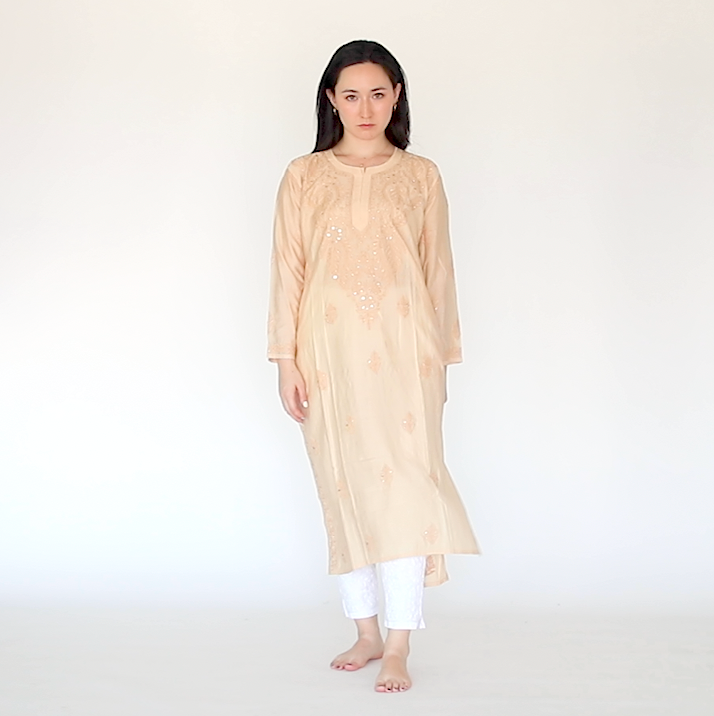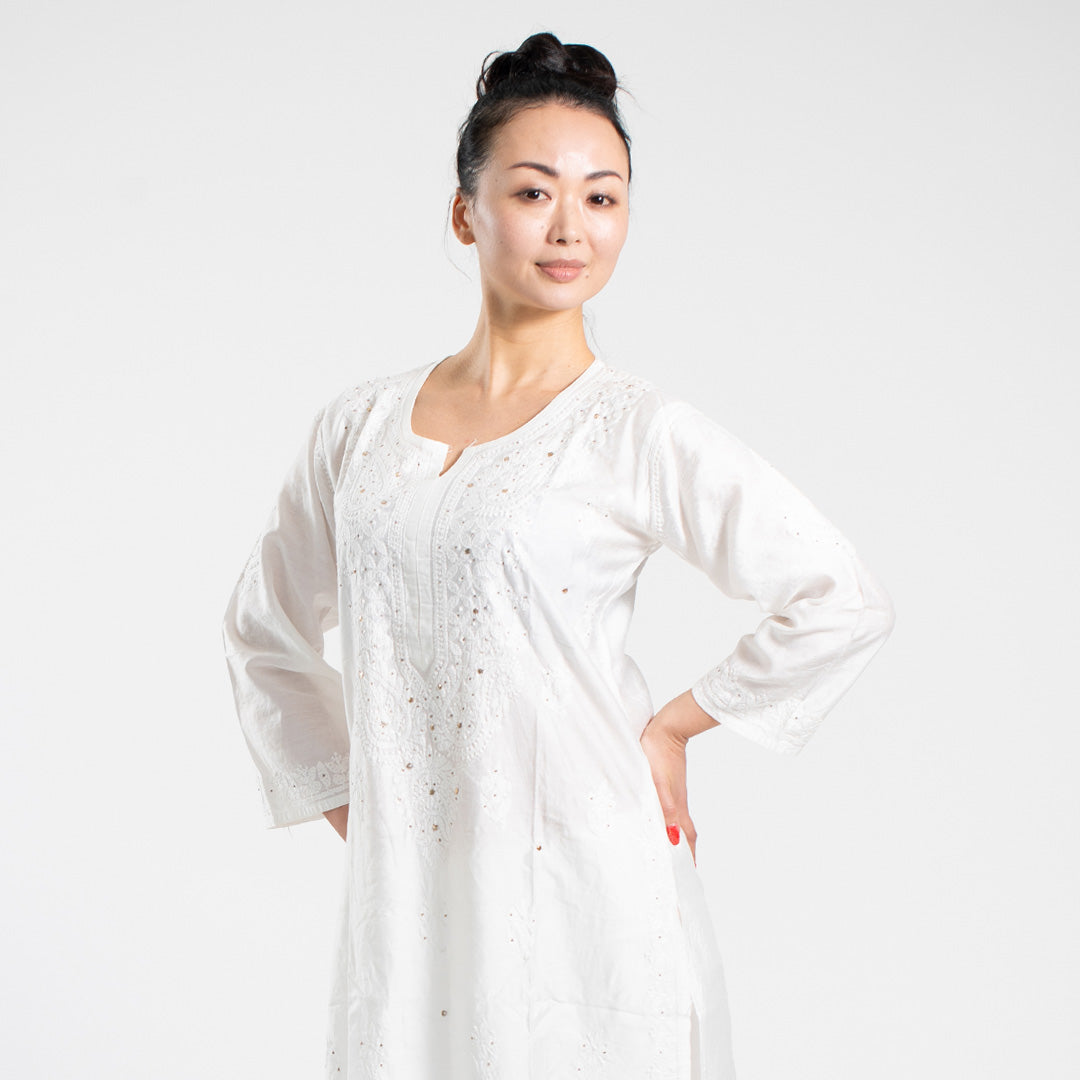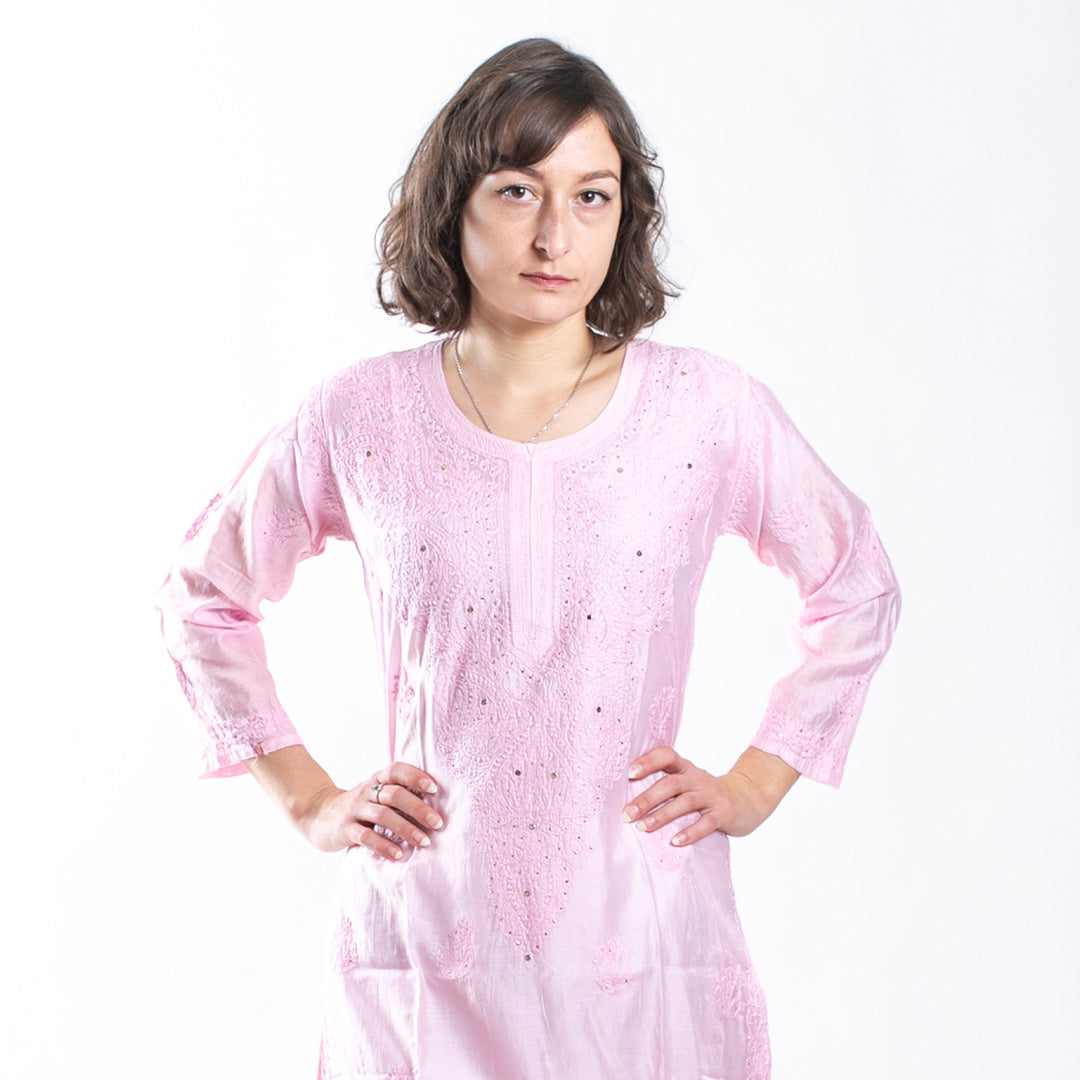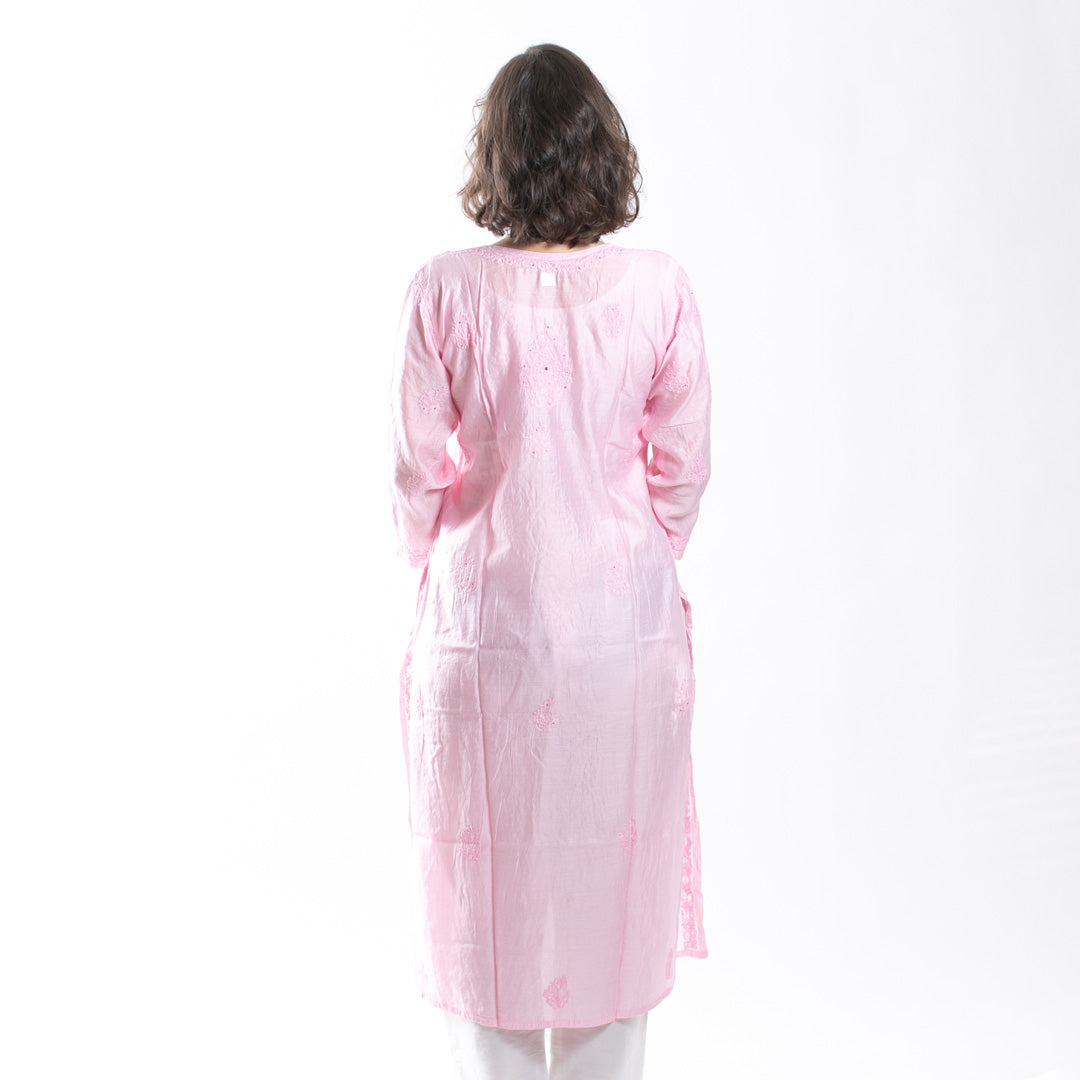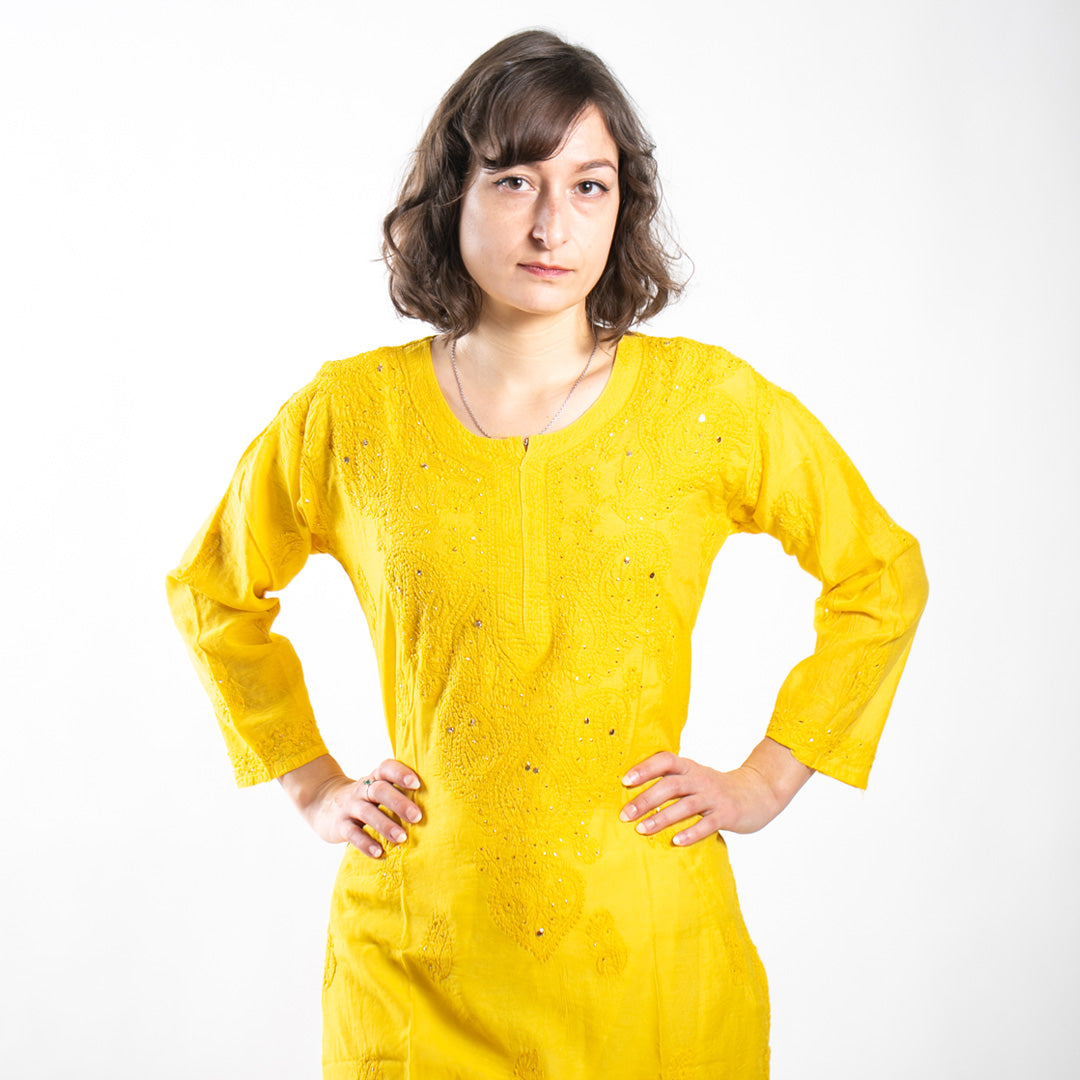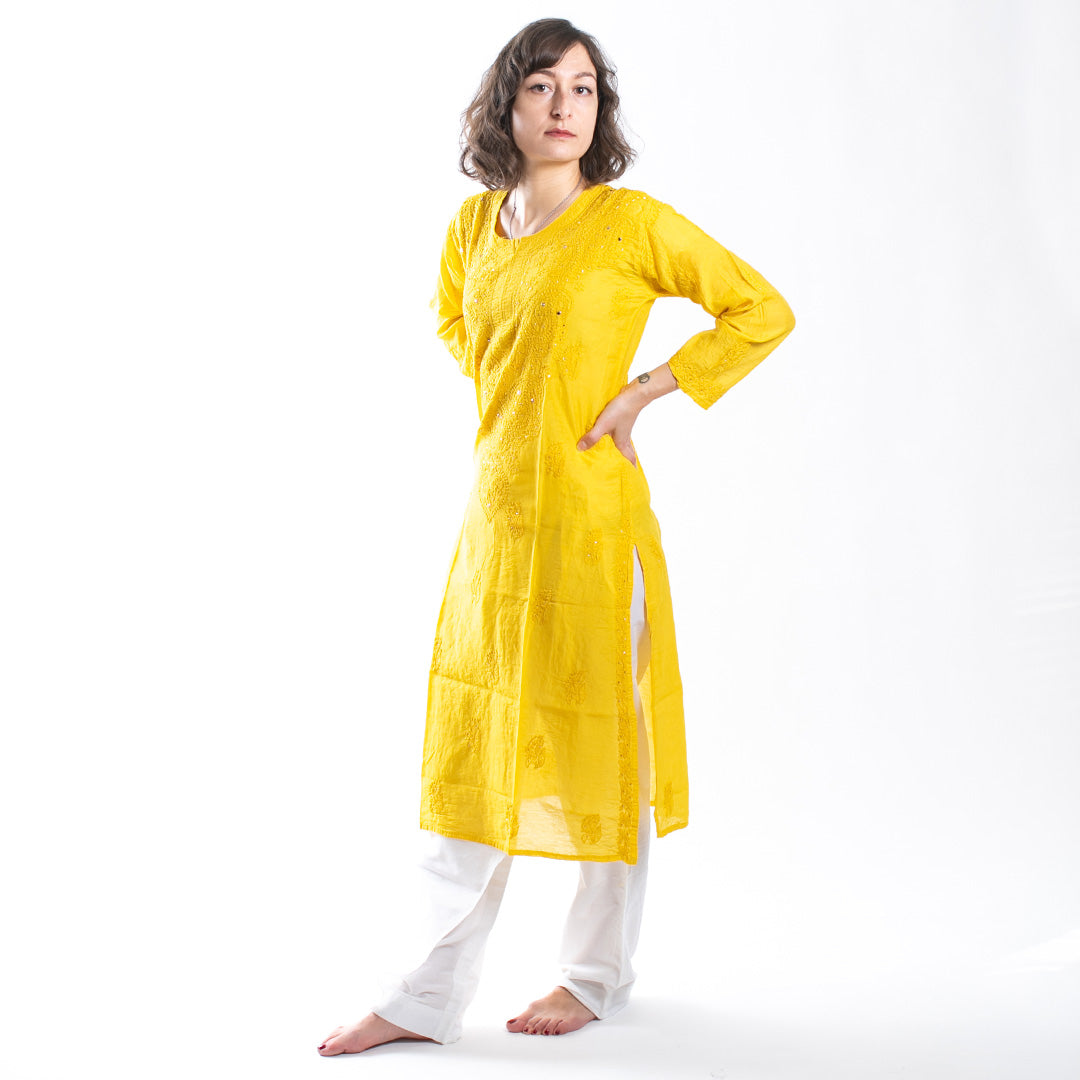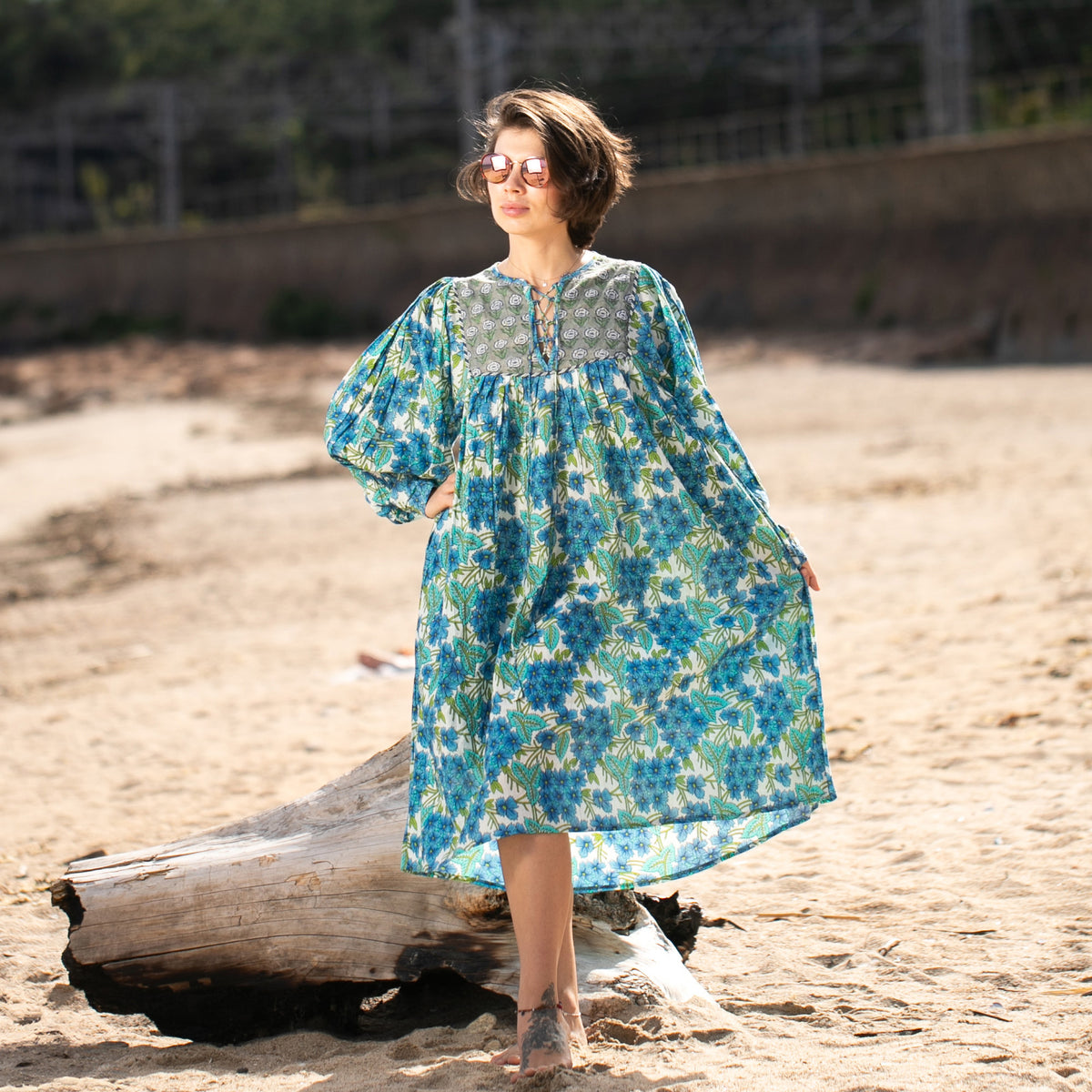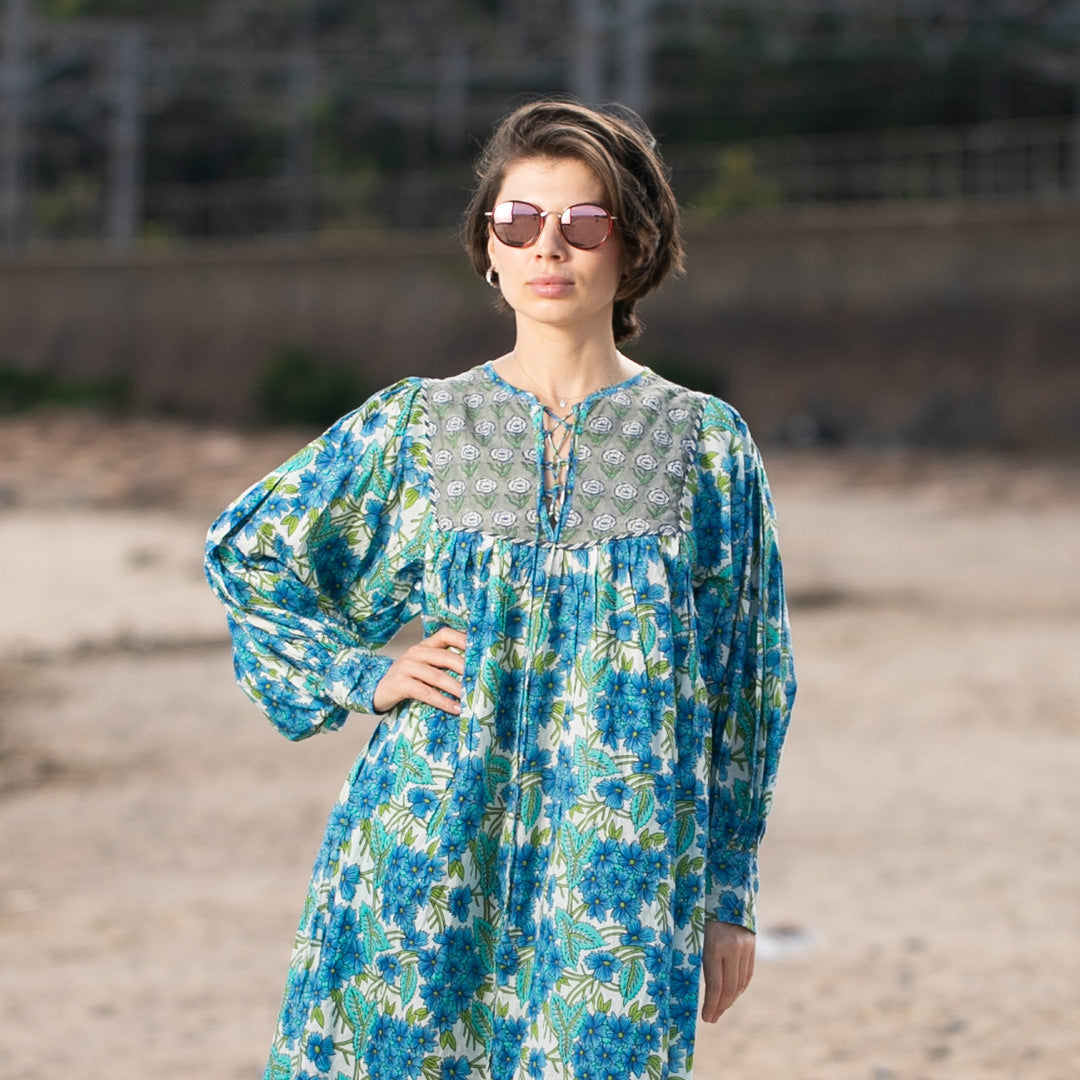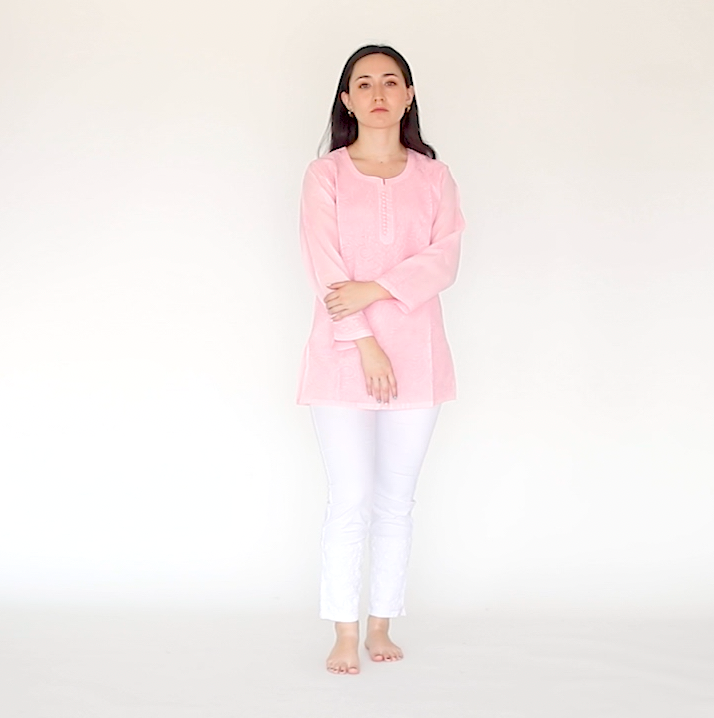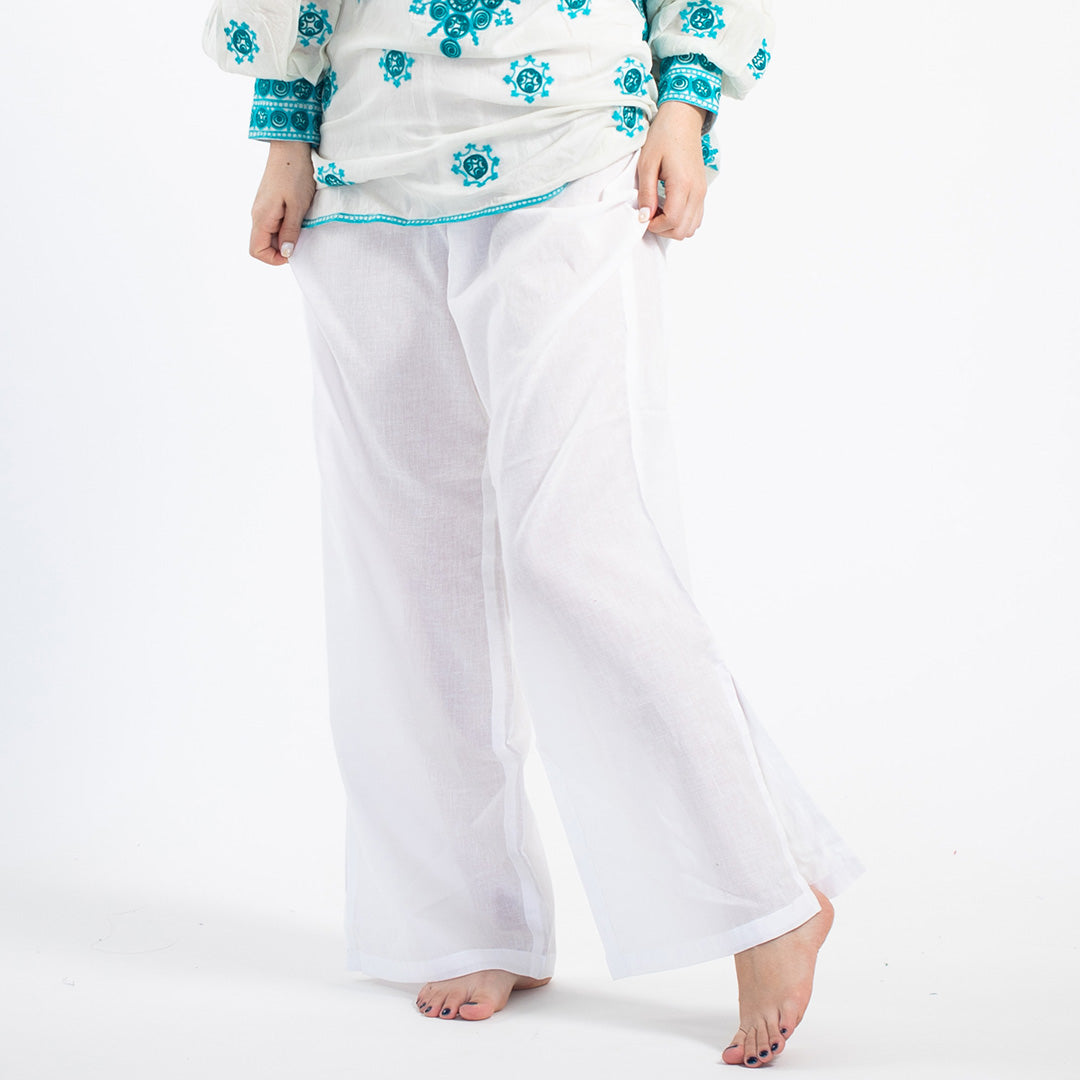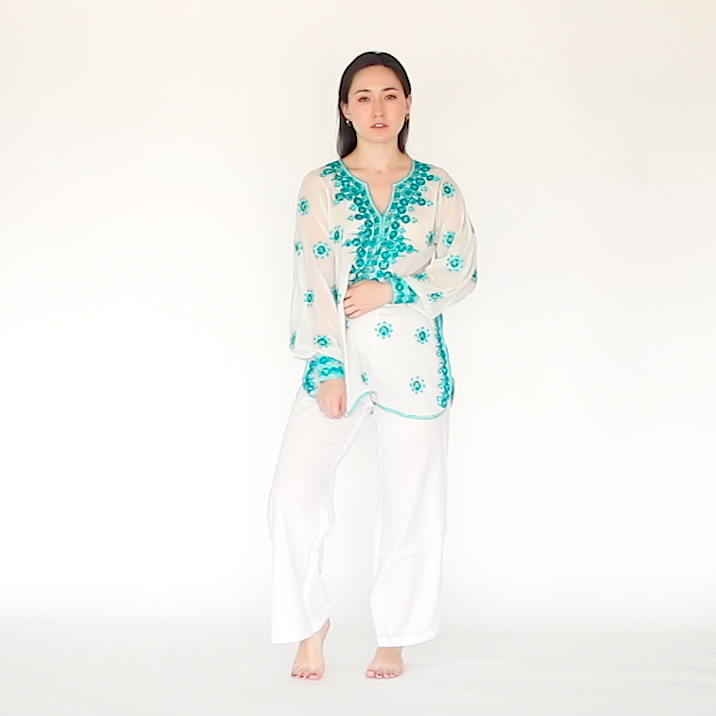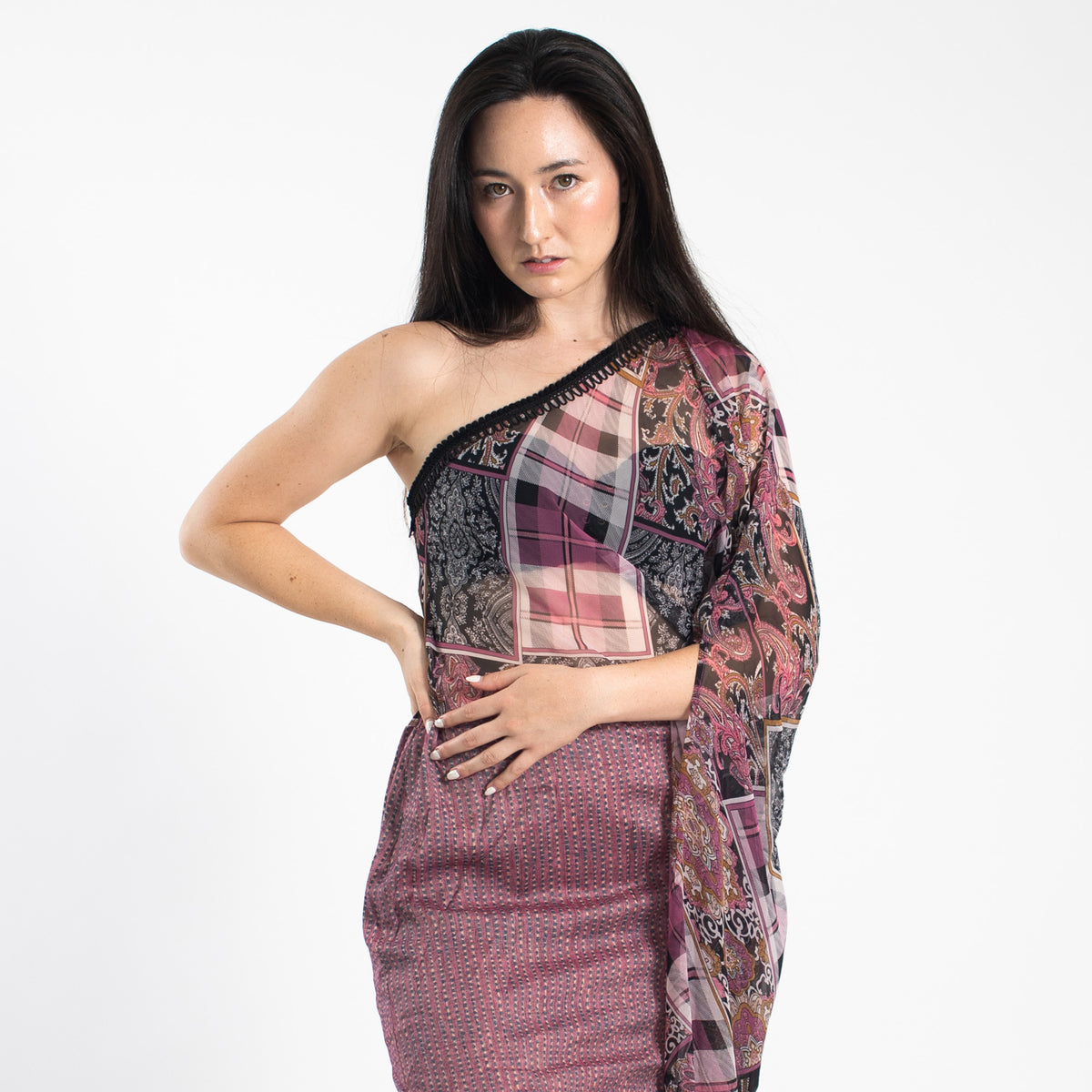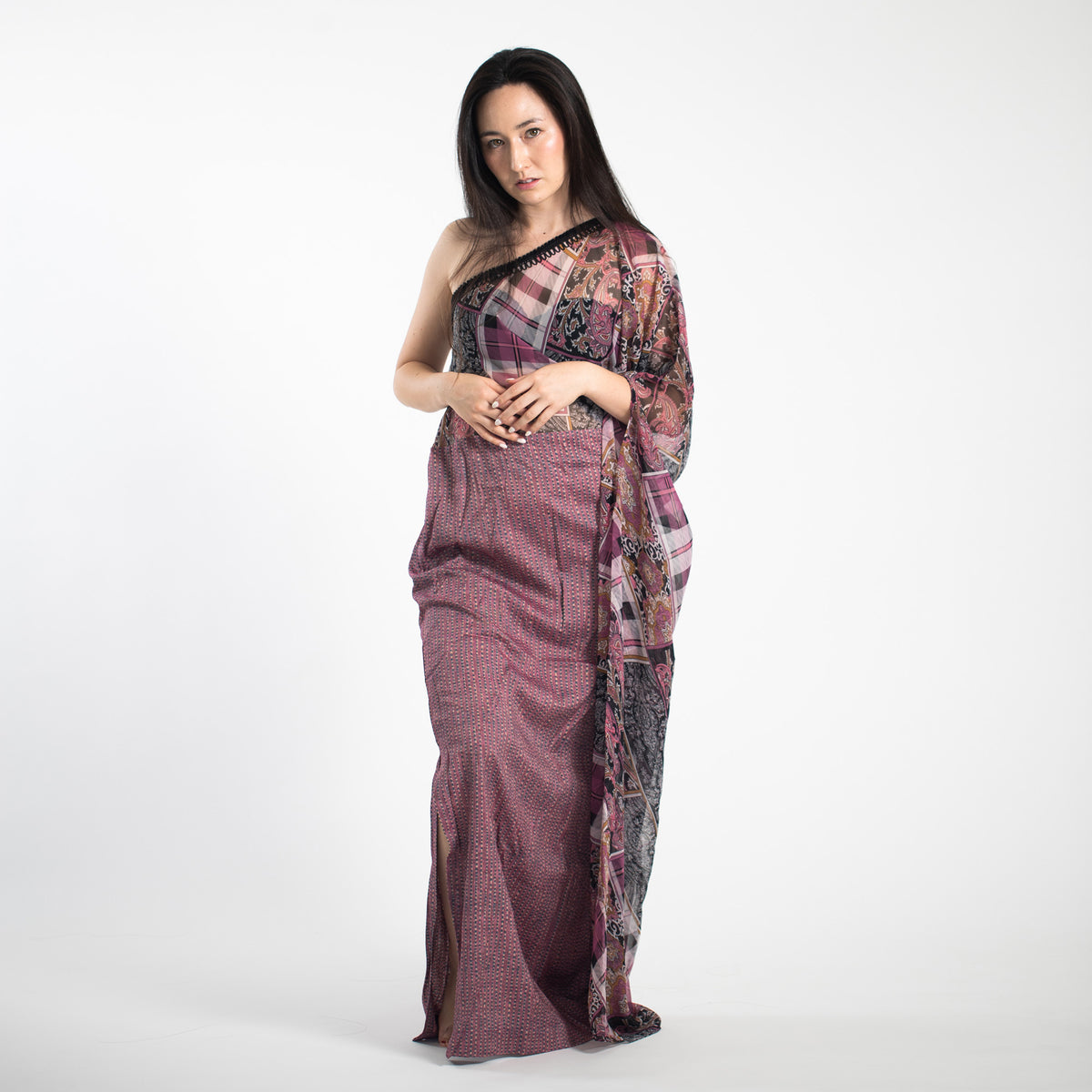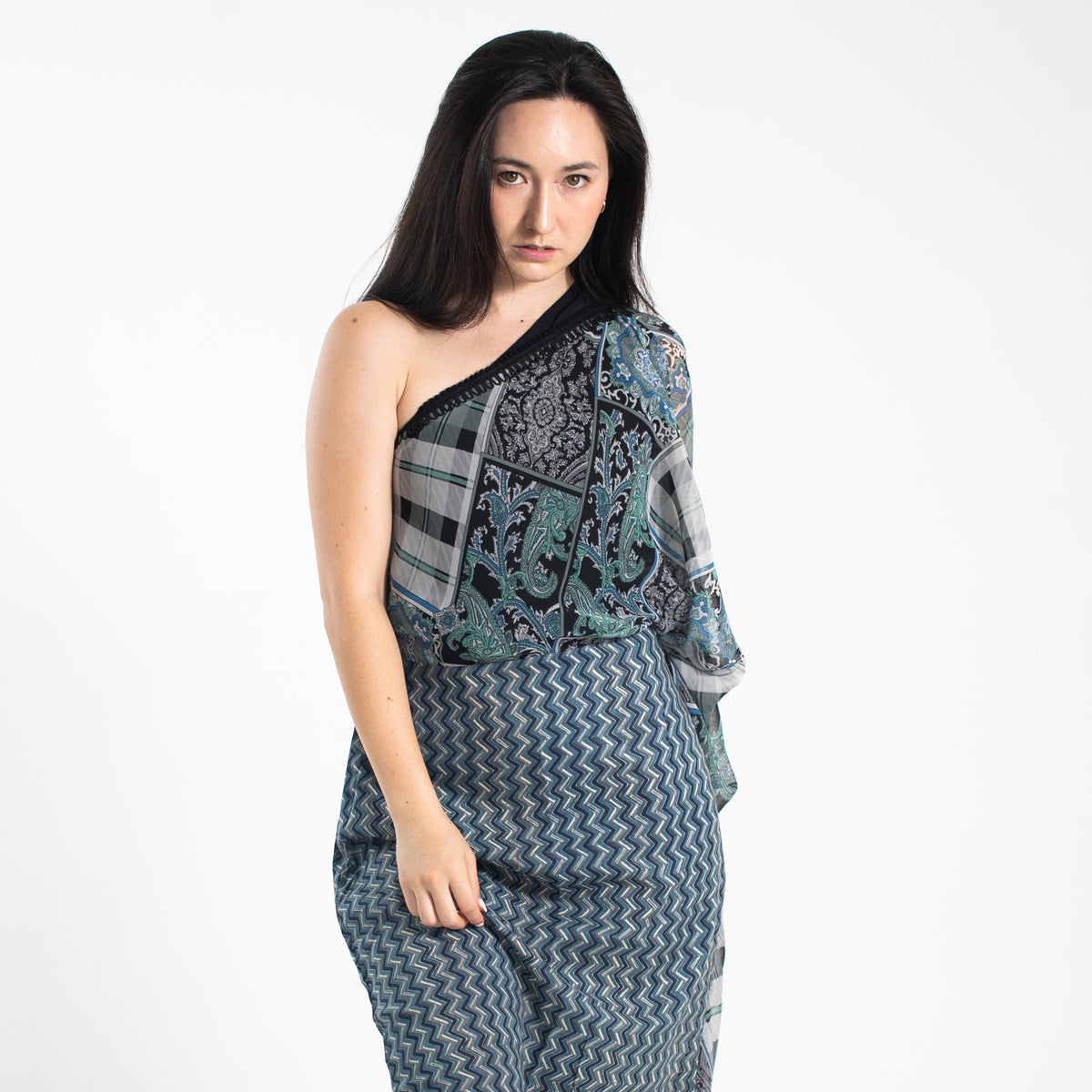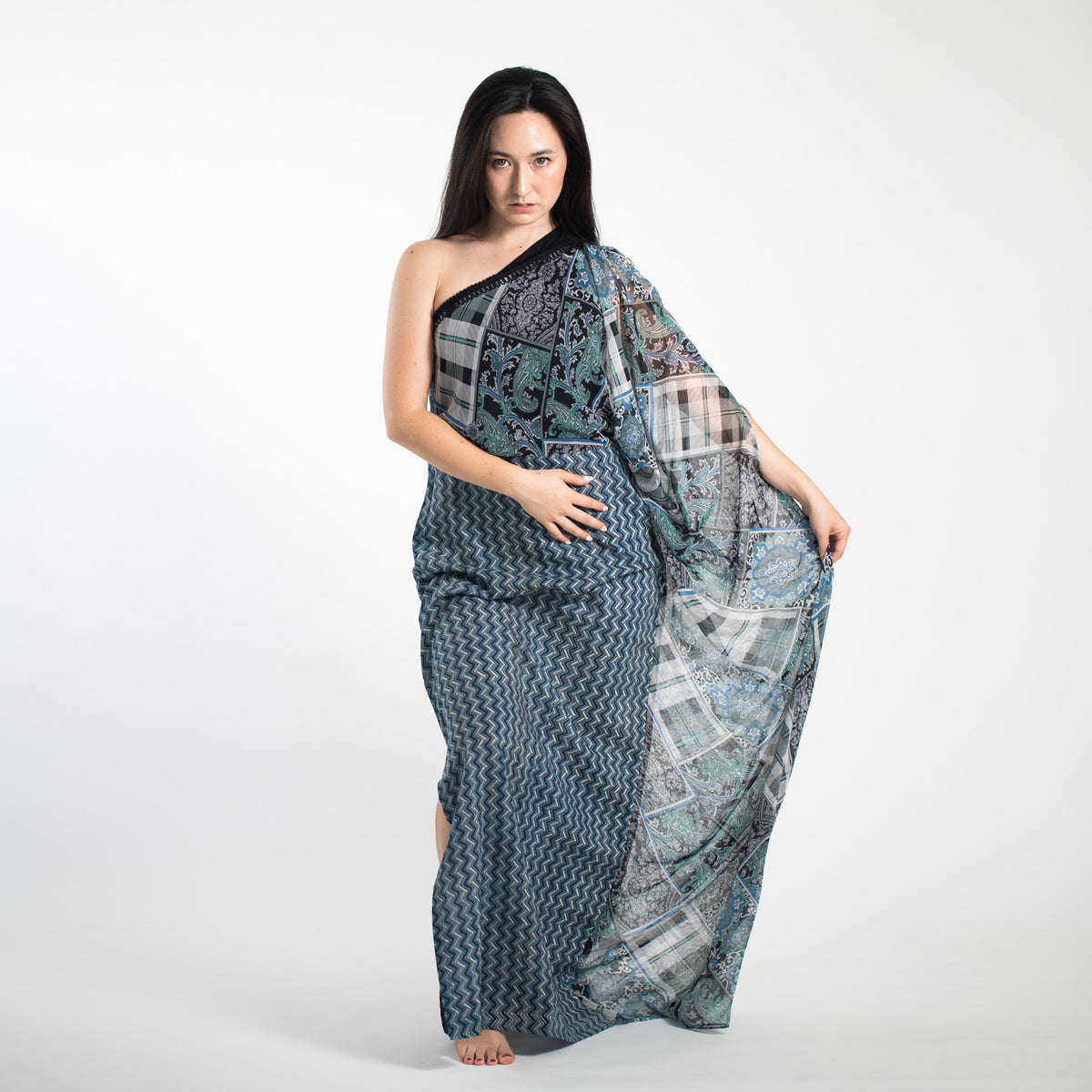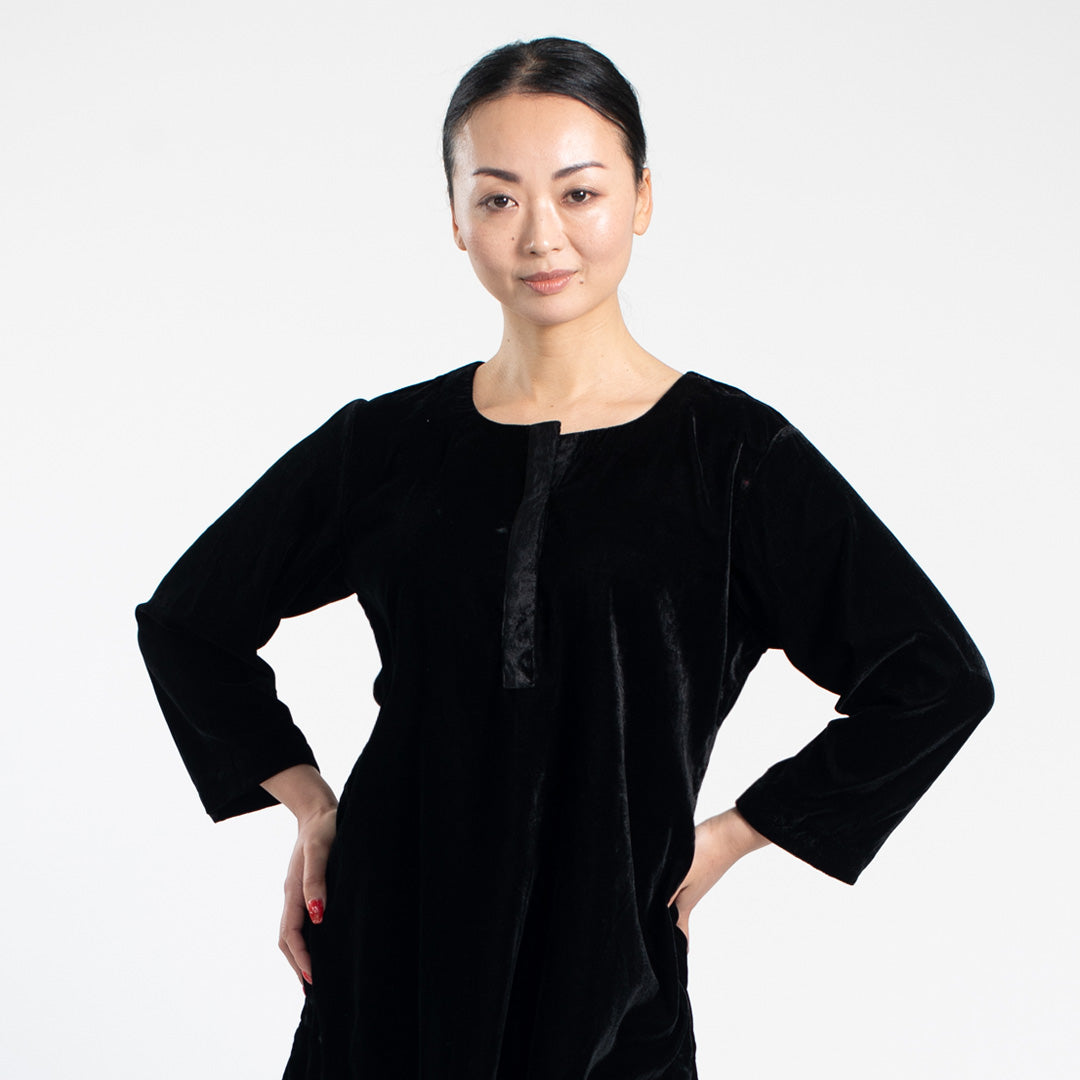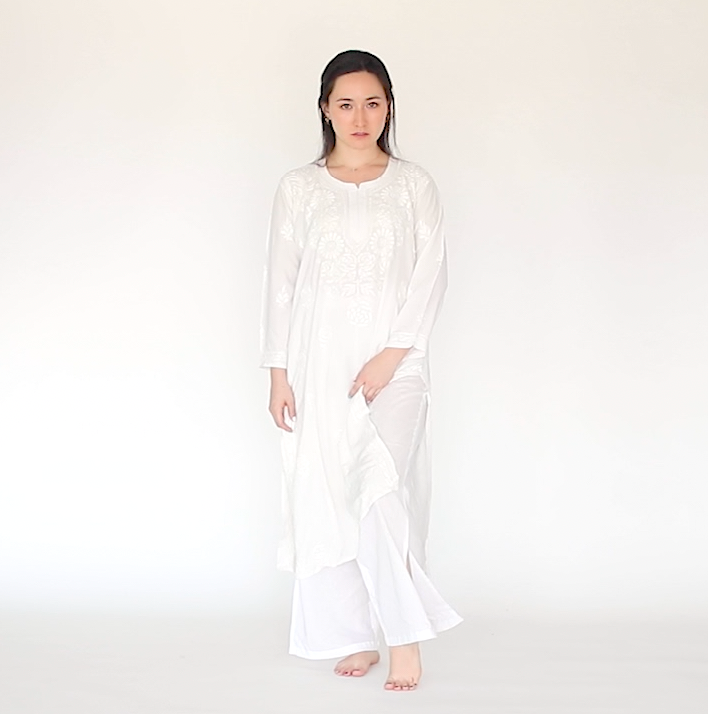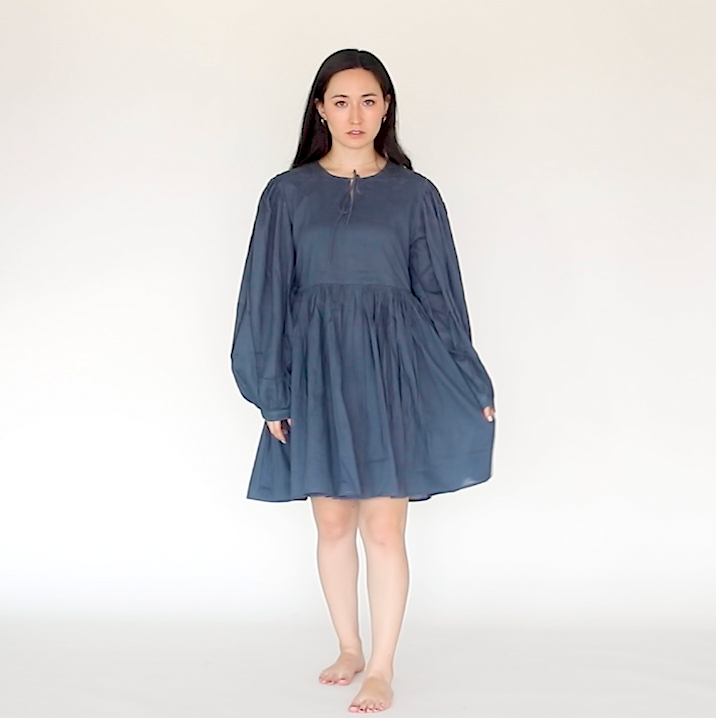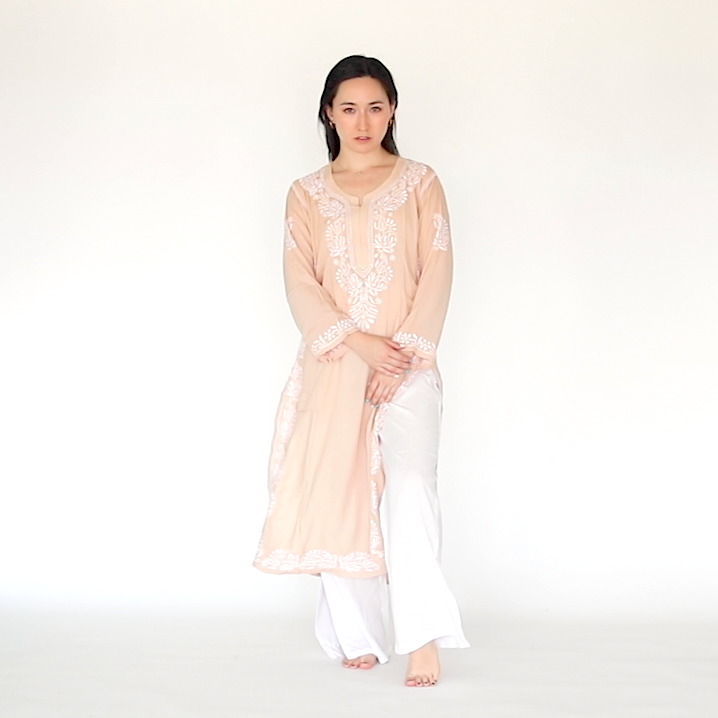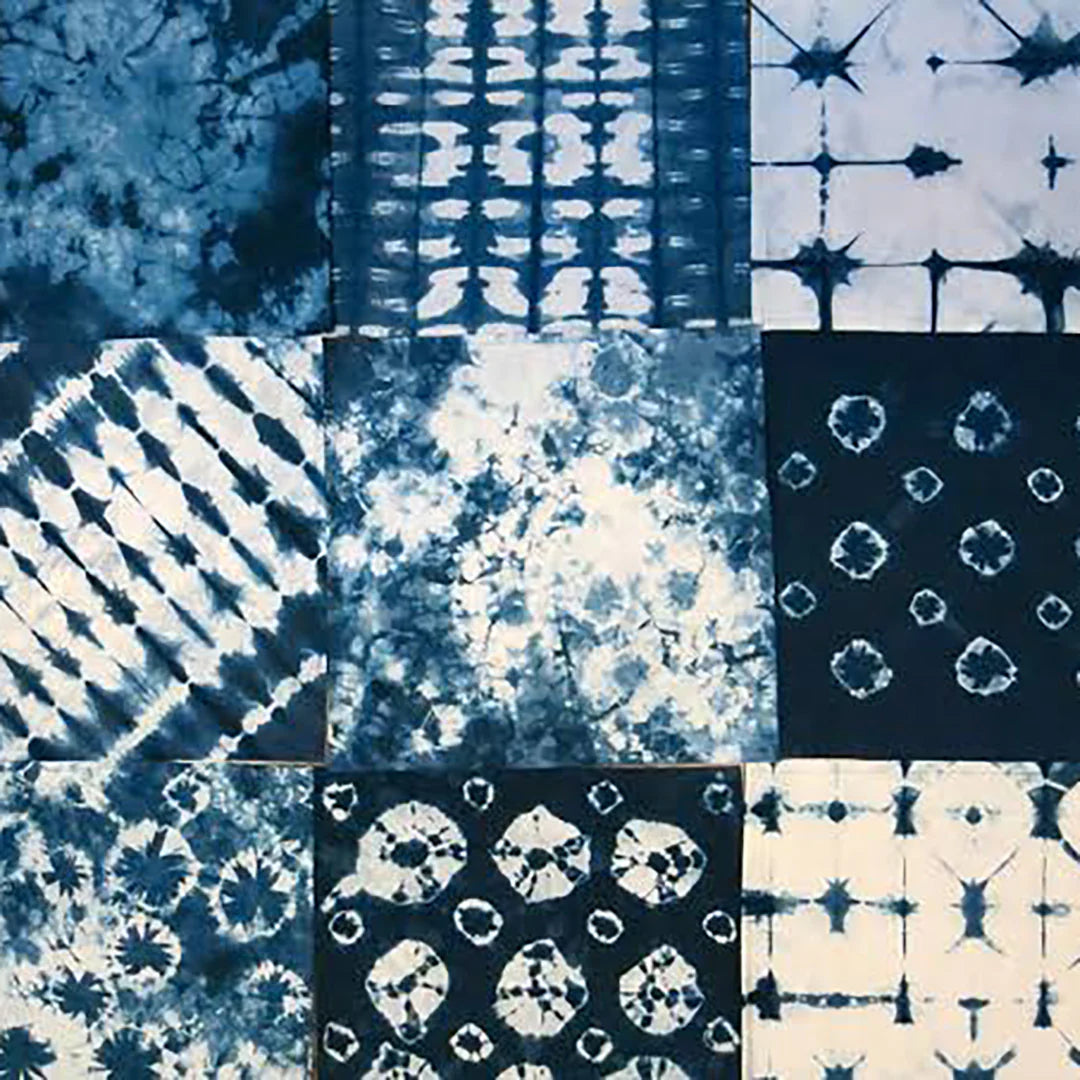Mass production and Fast Fashion, while revolutionary in its ability to create goods quickly and affordably, is not without its downsides. Here are several key reasons why mass production may not always be the best approach: 
Environmental Impact
Mass production often leads to significant environmental degradation. The need for large quantities of raw materials can result in deforestation, mining, and other practices that harm ecosystems. Additionally, mass production facilities can generate substantial amounts of waste and pollution, contributing to climate change and environmental contamination. 
Quality Control Issues
When products are made on a large scale, maintaining consistent quality can be challenging. Defects and variations in the products can occur more frequently, leading to customer dissatisfaction and increased returns. In contrast, smaller-scale production allows for closer attention to detail and higher quality standards.
Loss of Craftsmanship
Mass production often eliminates the unique touches that come with handcrafted goods. The artistry and skill of individual craftsmen are lost in favor of uniformity and efficiency. This can result in a loss of cultural heritage and the devaluation of artisanal skills. 
Economic Inequality
Large-scale production tends to concentrate and power in the hands of a few corporations, leading to economic inequality. Small businesses and local producers often struggle to compete with the low prices and vast distribution networks of mass-produced goods, which can drive them out of the market. 
Overproduction and Waste
Mass production can lead to overproduction, where more goods are produced than can be sold. This excess leads to produce waste, with unsold products often ending up in landfills. Moreover, the drive to continually more can encourage a culture of consumerism and disposability, further examining environmental issues.
Loss of Jobs
Automation and mechanization, integral to mass production, can result in significant job losses. While these technologies increase efficiency, they also reduce the need for human labor, which can have devastating effects on employment rates and local economies. 
Ethical Concerns
Mass production facilities, especially those in developing countries, can sometimes engage in unethical practices, such as poor working conditions, child labor, and unfair wages. These practices are driven by the need to keep production costs low, often at the expense of workers' rights and well-being.
Limited Innovation
The focus on efficiency and cost-cutting in mass production can stifle innovation. Companies may be less willing to experiment with new designs, materials, or processes if they fear disrupting their established production lines. This can lead to a stagnation in product development and a lack of diversity in the market. 
Why Abundance Doesn't Support Mass Production
At Abundance, we take a different approach. All our products are carefully designed with craftsmen, supporting local arts and techniques. This commitment to craftsmanship ensures that each product is unique and of the highest quality. Furthermore, many of our items are made to order , which helps us avoid the pitfalls of overproduction and waste. By supporting local artisans and focusing on sustainable production methods, we not only preserve traditional skills but also contribute to a more equitable and environmentally friendly economy. 
Conclusion
While mass production has undoubtedly brought many benefits, including lower costs and greater accessibility to goods, it is crucial to consider its negative impacts. Environmental degradation, loss of quality and craftsmanship, economic inequality, and ethical issues are significant concerns that cannot be ignored. A more balanced approach, incorporating elements of small-scale and sustainable production, may offer a way to harness the advantages of mass production while mitigating its drawbacks.
At Abundance, we are proud to lead by example, demonstrating that careful design, support for local arts, and sustainable practices can create exceptional products without compromising our values.
*all images are taken from google for the purpose of sharing awareness. We don't own any rights for the same.



